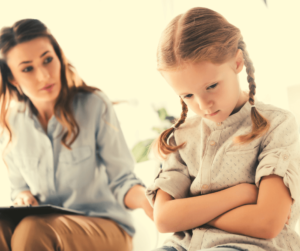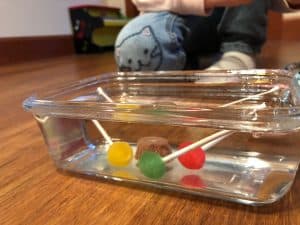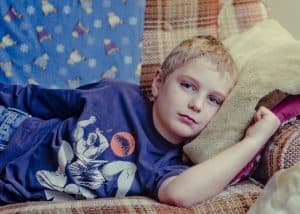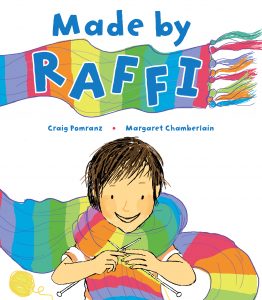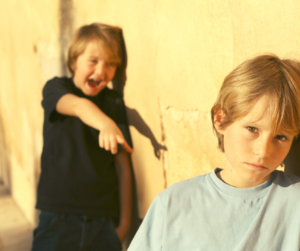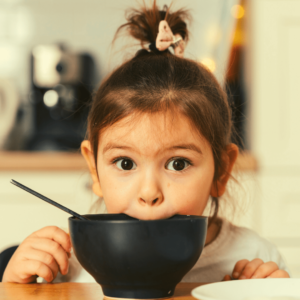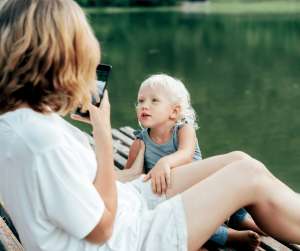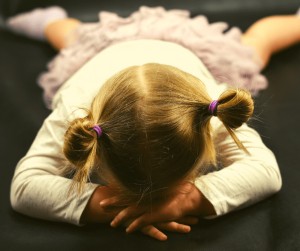"THIS is how I'm feeling right now," said an 8-year-old child who's not my own, as she pointed to a picture in a book of a very frightened owl. This is a child who'd just been evacuated from her home due to the incredible Marshall Fire wildfires in Colorado.
The winds were still blowing outside at 125 mph as she shared her fear. The sky outside my window was swirling black, gray, and pinkish orange. The evacuation line was literally across the street from my home, where we sat in high alert but still in relative comfort and safety. I felt tempted to keep running around doing all the things; preparing, worrying, checking for updates.
Yet here was this young child saying, not in so many words but by pointing at this scared owl, "Do you see me? I need help. This fear is bigger than I am."
Because she is not my child, I do not know what her sensory calming tools are. I do not know how she typically deals with stress.
A former me would've, perhaps, tried to distract her. Would she like to play a game? Watch TV? Do something to get her mind off it?
A slightly more enlightened me decided to show up for her, instead, knowing that she wouldn't find the support she was seeking inside a TV screen. So, I asked for her consent: "Would you like me to help you process this emotionally?"
"Yes, I'd really like that," she responded, voice shaking.
I asked what she normally does to regulate her body when she feels scared. She said, "I want to read. May I keep reading this owl book?"
Yes, of course. After a few minutes of simply staying present with her, I asked her if she'd like another sensory calming tool (giving herself a big hug / shoulder squeeze) to help give her body a sense of inner safety. It's called proprioceptive input. She tried that. It didn’t help much.
Just then, my daughter walked over and asked her, "Would you like another tool?" Yes, this girl wanted a different one.
My child proceeded to tell her about belly breaths; taking a short breath in through her nose and letting it out from her mouth, nice and slowly.
The girl tried this.Following my child’s lead, we added colors: “Can you picture inhaling safe and beautiful white light, kind of like it’s coming from stardust?”
We told her this is the healing light that can bring safety to her body.
Then we added, “When you exhale, you’re blowing the fear out of your body. What does this fear look like?”
She responded, “It’s black. No, wait - it’s gray. It looks just like the smoke outside. My fear looks like the smoke.”
Good. Keep inhaling safety; exhaling fear.
My daughter, who normally balks at the idea of belly breathing during times of stress, suddenly took over to guide this girl toward a greater sense of safety.
After a few more rounds of belly breathing, the girl opened her eyes, looked at my daughter, and said, “I feel much safer now. Thank you. Breathing this way helped.”
Sometimes we wonder if our kids are learning any of the sensory calming tools we try to teach them, and upon which they often push back.
We wonder if they’re growing in their emotional intelligence.
We wonder if they’re learning how to be decent humans who show care and concern and empathy for others.
They’ve got one another’s back, and in moments like this, I start to believe the world is really going to be alright. The kids are taking care of each other.


